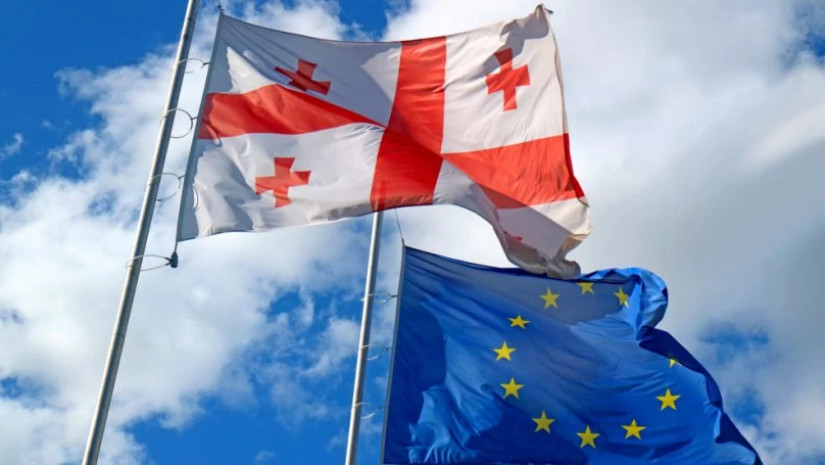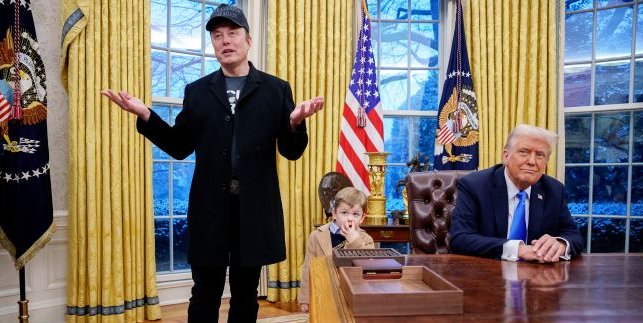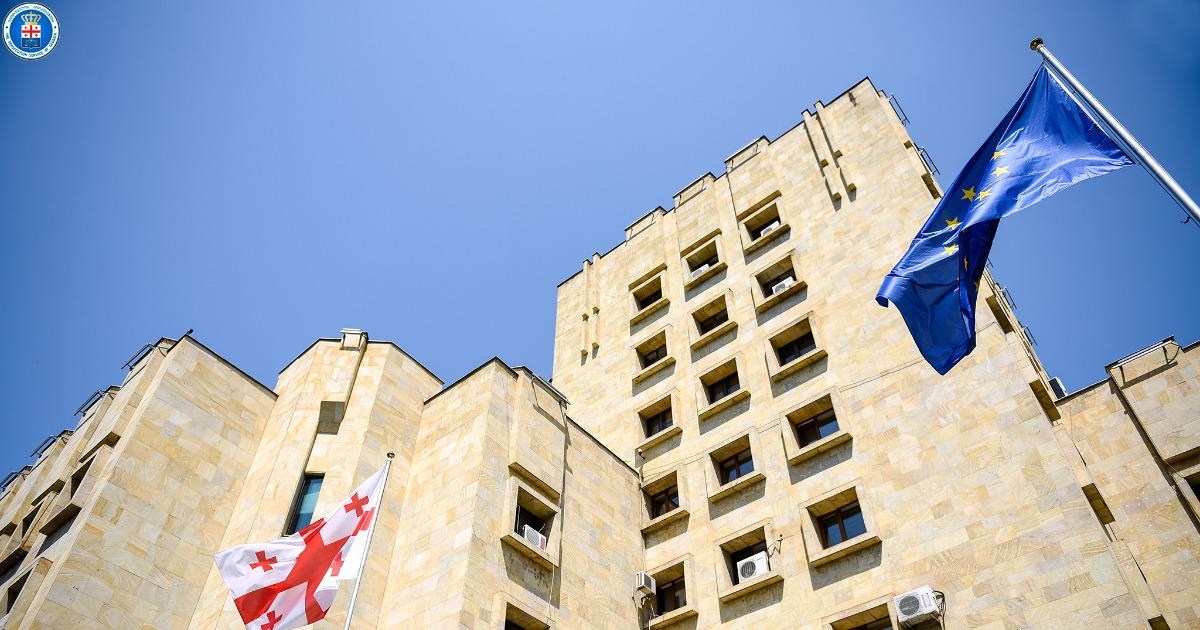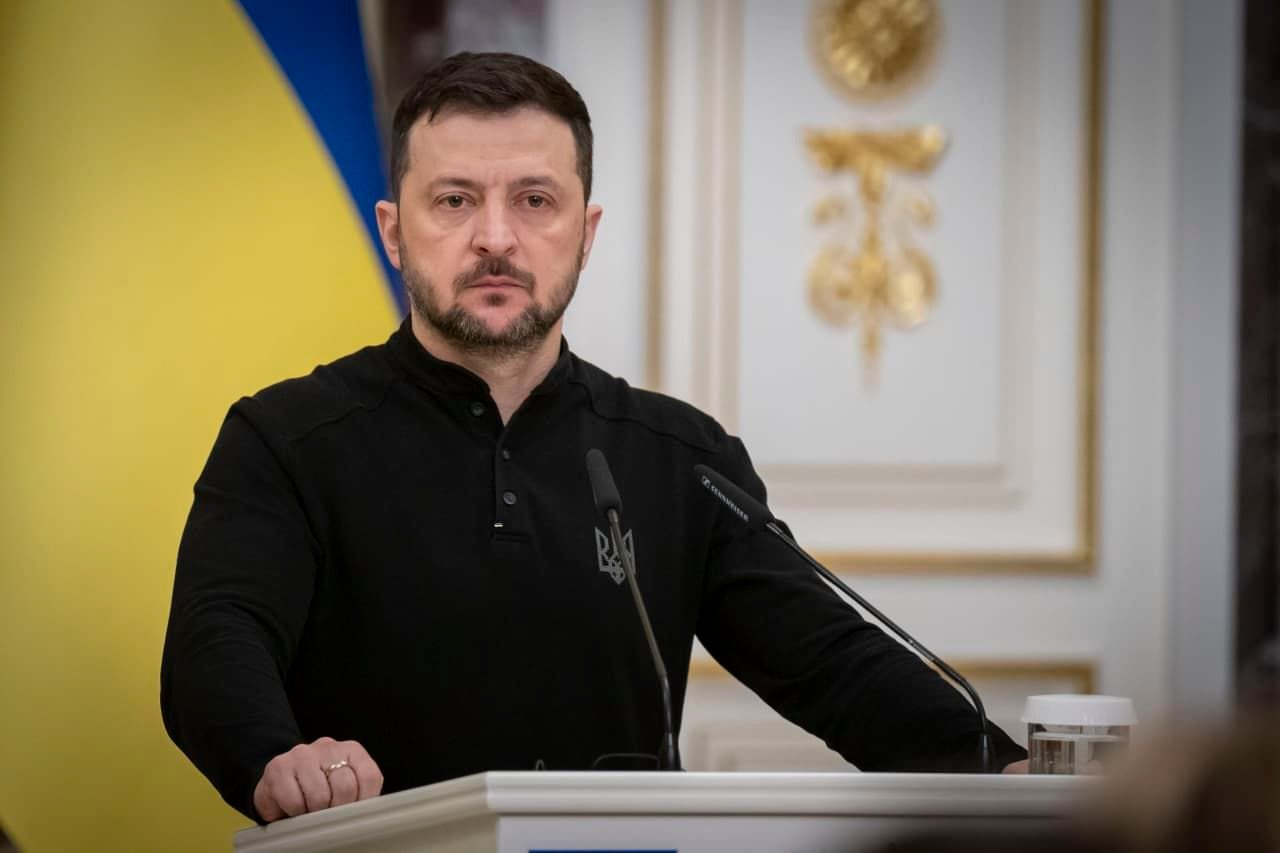EU suspends parts of visa liberalisation agreement with Georgia amid democratic concerns

Author
Front News Georgia
The Council of the European Union has announced the suspension of sections of its visa facilitation agreement with Georgia, citing concerns over democratic backsliding and human rights violations.
In a press release, the Council emphasized the importance of democratic values as fundamental principles of EU integration.
“Officials representing a country that undermines these values should not benefit from simplified access to the EU,” stated Tomasz Siemoniak, Poland’s Minister of the Interior and Administration.
The suspension directly affects Georgian diplomats and officials, who will no longer enjoy shortened visa application processes, reduced fees, or fewer documentation requirements for travel to EU member states. Ordinary Georgian citizens, however, will retain visa-free travel privileges for short stays.
The EU’s decision follows several controversial developments in Georgia, including laws targeting so-called “foreign agents” and “LGBT propaganda,” as well as allegations of repression against peaceful protesters, opposition politicians, and independent media. According to the EU, such measures erode fundamental rights, including freedoms of association, expression, and participation in public life, while fostering stigmatization and discrimination.
The partial suspension applies to members of Georgia’s official delegations, national and regional government representatives, parliamentarians, members of the Constitutional and Supreme Courts, and holders of diplomatic passports. Additionally, EU member states may individually decide to require visas for Georgian diplomatic and service passport holders.
Last week, EU ambassadors expressed their readiness to extend the suspension to Georgian diplomatic passport holders entirely. This move aligns with sanctions previously imposed on Georgian officials by Lithuania, Estonia, Latvia, Germany, the United States, and the United Kingdom.
The EU’s decision coincides with prolonged anti-government protests in Georgia, sparked by the ruling party’s perceived pivot away from its declared EU integration policy. Demonstrations have been ongoing for nearly two months, with a significant portion of society, including opposition parties, NGOs, and former President Salome Zourabichvili, questioning the legitimacy of the 2024 parliamentary election results.
The Georgian government announced in November 2024 that it would delay EU accession talks until 2028. This decision, coupled with the violent suppression of peaceful protests, has drawn sharp criticism from international partners.
The United States recently suspended its strategic partnership with Georgia and imposed sanctions on billionaire and former Prime Minister Bidzina Ivanishvili, the honorary chairman of the ruling Georgian Dream party, along with senior government officials. The UK has also introduced similar sanctions.
Tags:
Main Story




